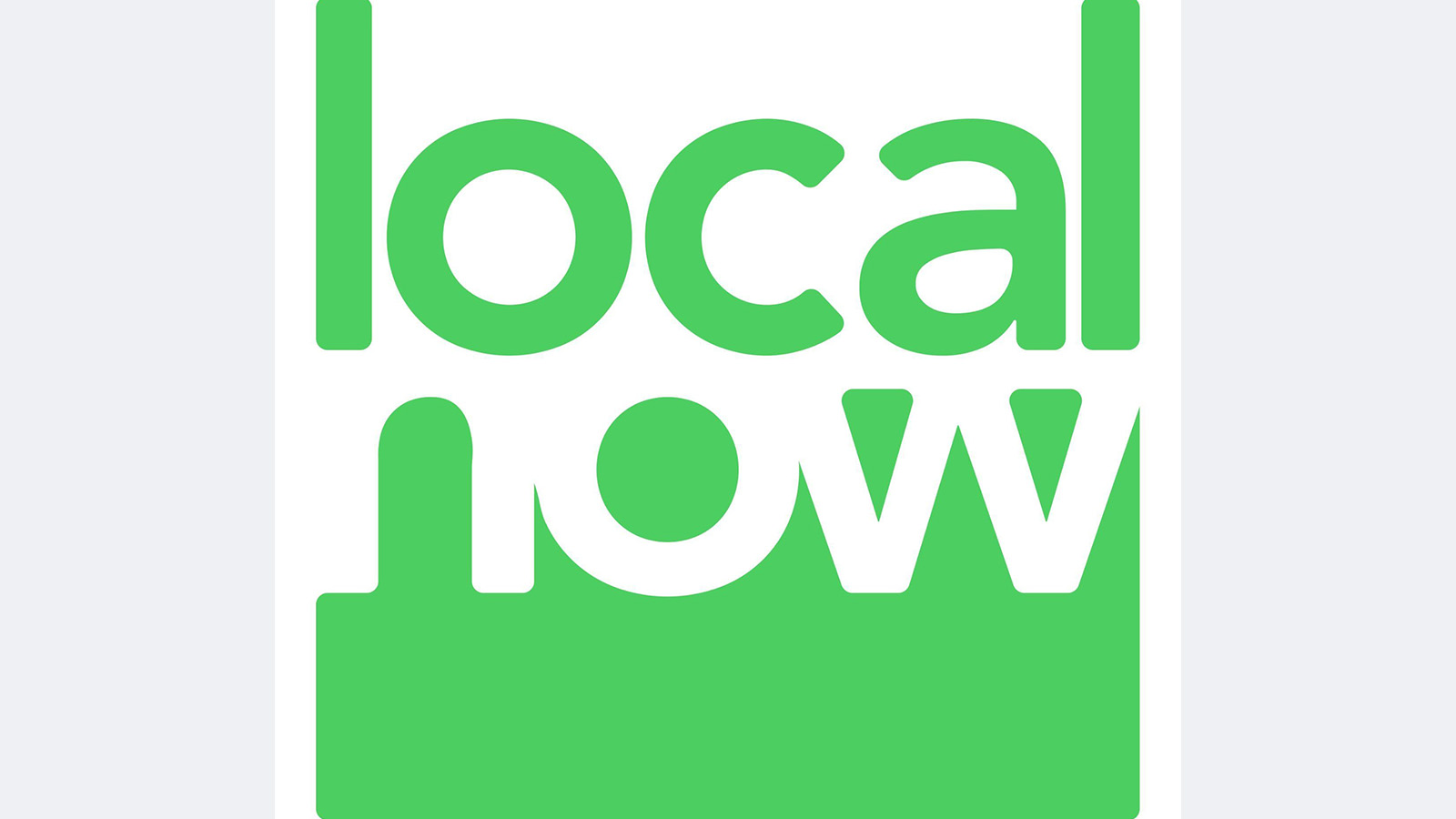Upton Would Lighten Up on (Some) Media Ownership
Fred Upton's got media ownership in his crosshairs, and he aims to take out a few restrictions.
The Republican chairman of the House telecom and Internet subcommittee told a roomful of Washington media players that cross-ownership and local radio (but not TV) caps were bad juju, and that he’d dropped a note to that effect to FCC Chairman Kevin Martin. The cross-ownership rule prohibits one company from owning both a television station and a newspaper in the same designated market area.
"The perverse net effect of retaining the ban is that although a cable system can own a local broadcast station, or a national television network can own two stations in most markets, a local newspaper… is precluded from local broadcast ownership," Upton wrote.
That local broadcast radio ownership is limited to one station, while XM and Sirius can program hundreds of channels is "just so out of place as to be absurd," the Michigan congressman said.
"In a market of 45 stations, the most a single company can own is eight stations. In a market with 145 stations, a single company can own eight stations," he said. "Where is the logic?"
He asked Martin, et al, to jump on the situation, pronto.
"Last week, I sent a letter to… Martin urging the commission to issue quickly an NPRM to consider raising the eight-station limit to 10 in markets with 60 or more radio outlets and to 12 in markets with 75 or more radio outlets. This is almost embarrassingly modest, but it is achievable," he said.
Upton offered no such love for TV station groups who want similar same-market ownership restrictions -- aka duopoly rules--lifted. Currently, one company can own two TV stations only in markets where at least eight separately owned stations remain. Small- and mid-market station groups like Sinclair, LIN TV and Pappas are most affected by the restriction. Supporters of the duopoly rules claim that further media consolidation will reduce content diversity. However, the Internet was not factored in when current media ownership rules were structured. Upton's letters to Martin suggest that it should be.
"The Internet has become a significant source of local and national news for many Americans," he wrote.
The 'Net will finally get its own legislative going-over in the telecom rewrite, a pet project of Upton and his colleague Joe Barton, (R-Texas), chairman of the House Commerce committee. Upton said a rewrite of the 1996 Telecommunications Act was in the works, with mark-up expected in March, and a goal of getting it through the committee "before Easter."
Media ownership rules have been in limbo since 2001 when Fox convinced a court to toss out the national audience reach cap. Two years later, the FCC came up with new rules that sent Capitol Hill and a conglomerate phobic public into a frenzy. The new rules were stayed by yet another court, effectively reverting the commission back to the rules thrown out by the previous court. The net impact on station group stock prices has not been stellar. Group owners want the matter settled, and David Rehr, the new NAB chief, has already gone on the offensive. Martin last week received a four-page missive from Rehr against cross-ownership and the duop prohibition.
For his part, the FCC chairman has said he’d like to deal with ownership rules piecemeal, rather than in one big ruling that a court can blow out of the water with a single shot. He also said he wouldn't tackle ownership without a full commission, which he's not had since taking over nearly a year ago. Senate confirmation of Robert McDowell, nominated to the FCC two weeks ago, would fix that snag.
Get the TV Tech Newsletter
The professional video industry's #1 source for news, trends and product and tech information. Sign up below.
